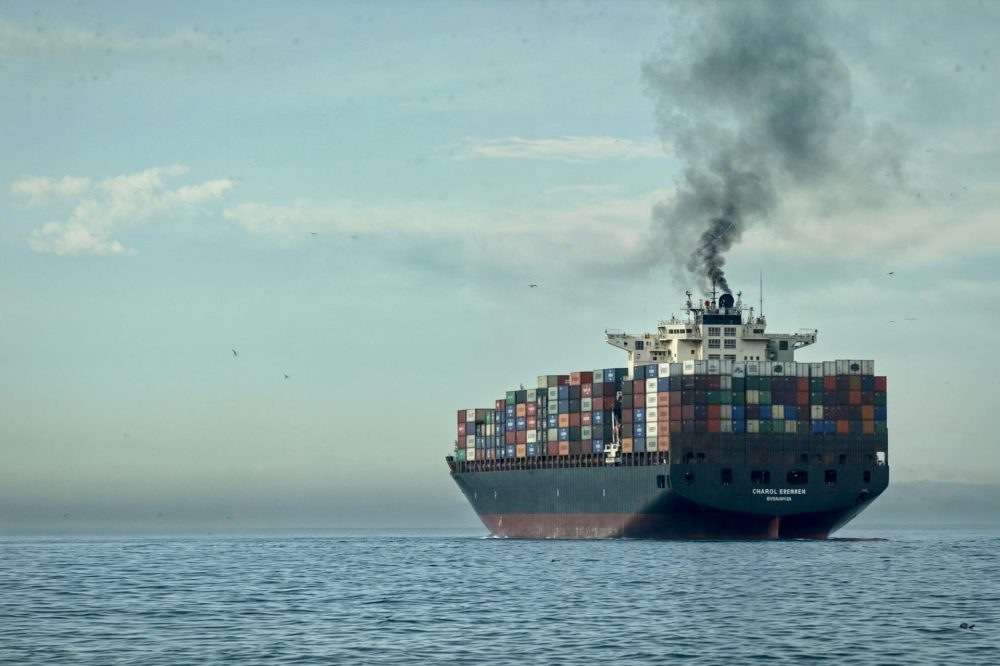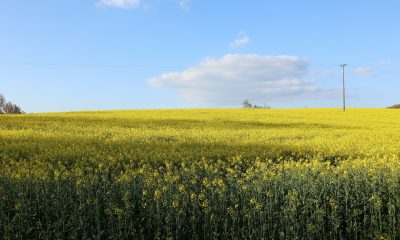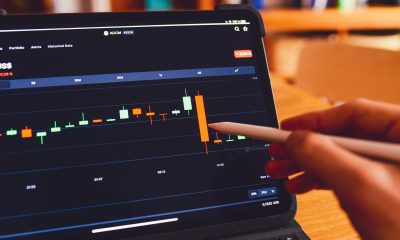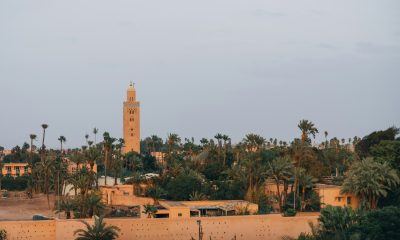Africa
Morocco Joins Founding Coalition of FIT to Shape Global Trade
Morocco has become a founding member of the Partnership for the Future of Investment and Trade (FIT), a 14-country coalition launched September 19, 2025, to amplify medium-sized economies in global trade governance. Aiming to ensure fairer, more inclusive trade, FIT will tackle supply chain security, investment facilitation, non-tariff barriers, and digital transition challenges.

Morocco has joined a coalition of 14 countries to found the Partnership for the Future of Investment and Trade (FIT), a groundbreaking multilateral initiative designed to strengthen the voice of medium-sized and emerging economies in global trade governance.
The goal is to build a fairer, more inclusive system adapted to contemporary challenges. For Morocco, this membership marks a new step in its economic influence strategy, particularly in Africa and the Euro-Mediterranean region.
Morocco strengthens economic influence by co-founding inclusive trade partnership
Morocco has officially joined a group of 14 founding countries of the Partnership for the Future of Investment and Trade (FIT), a unique coalition launched on September 19, 2025, aimed at promoting a more balanced and collaborative model of international trade.
This initiative aims to address the limitations of the current multilateral trading system by strengthening the collective weight of small and medium-sized economies in global negotiations and decision-making. The creation of the FIT was announced following a virtual ministerial meeting attended by World Trade Organization (WTO) Director-General Ngozi Okonjo-Iweala.
According to the joint statement issued on this occasion, the partnership aims to “promote open and fair trade, support inclusive growth and address contemporary challenges in global trade.”
In particular, it intends to act on key issues such as the security of supply chains, the reduction of non-tariff barriers, the facilitation of investment, and the integration of emerging technologies into trade.
New Zealand’s Minister for Trade and Investment, Todd McClay, summed up the spirit of the partnership: “We are a group of trade-dependent countries committed to taking a proactive approach to opening markets, attracting capital and removing barriers.”
Morocco’s participation in this initiative is part of a coherent diplomatic and economic strategy, which aims to position the Kingdom as a key player in international trade, particularly in Africa and the Euro-Mediterranean area. An active member of the WTO, Morocco has been multiplying free trade agreements for several years (with the European Union, the United States, Turkey, several African countries, etc.), but is also seeking to redefine the rules of the game through innovative partnerships.
By joining the FIT from its inception, the Kingdom demonstrates its desire to have a greater say in the major debates on global economic governance. This positioning is all the more strategic given that the FIT aims to be an alternative to the major traditional trading blocs, giving a collective voice to countries that share the same concerns: trade diversification, digital transition, post-Covid resilience, and environmental sustainability.
A diverse and geographically balanced coalition
In addition to Morocco, the founding members of the FIT include economies from Asia (Singapore, United Arab Emirates), Europe (Switzerland), Latin America (Chile), the Pacific (New Zealand), and also Africa.
This regional diversity gives the partnership a representativeness that could enable it to put forward credible proposals in the face of major trading powers such as the United States, China or the European Union.
The genesis of the FIT dates back to a ministerial meeting held in May 2025 in Switzerland, following 12 months of discreet diplomatic consultations. The United Arab Emirates, which played a leading role in the negotiation process, will host the next round of talks, confirming its growing role in the global trade architecture.
__
(Featured image by Hennie Stander via Unsplash)
DISCLAIMER: This article was written by a third party contributor and does not reflect the opinion of Born2Invest, its management, staff or its associates. Please review our disclaimer for more information.
This article may include forward-looking statements. These forward-looking statements generally are identified by the words “believe,” “project,” “estimate,” “become,” “plan,” “will,” and similar expressions. These forward-looking statements involve known and unknown risks as well as uncertainties, including those discussed in the following cautionary statements and elsewhere in this article and on this site. Although the Company may believe that its expectations are based on reasonable assumptions, the actual results that the Company may achieve may differ materially from any forward-looking statements, which reflect the opinions of the management of the Company only as of the date hereof. Additionally, please make sure to read these important disclosures.
First published in LES ECO.ma. A third-party contributor translated and adapted the article from the original. In case of discrepancy, the original will prevail.
Although we made reasonable efforts to provide accurate translations, some parts may be incorrect. Born2Invest assumes no responsibility for errors, omissions or ambiguities in the translations provided on this website. Any person or entity relying on translated content does so at their own risk. Born2Invest is not responsible for losses caused by such reliance on the accuracy or reliability of translated information. If you wish to report an error or inaccuracy in the translation, we encourage you to contact us.

-

 Biotech7 days ago
Biotech7 days agoVolatile Outlook for Enlivex Therapeutics as Investors Await Clinical Catalysts
-

 Impact Investing2 weeks ago
Impact Investing2 weeks agoInter IKEA Launches Electric Truck Fleet to Decarbonize Heavy-Duty Logistics in Italy
-

 Markets2 days ago
Markets2 days agoWeather-Driven Supply Outlook Lifts Coffee Markets in Brazil and Vietnam
-

 Markets1 week ago
Markets1 week agoCotton Market Weakens Amid Demand Concerns and Bearish Trends























